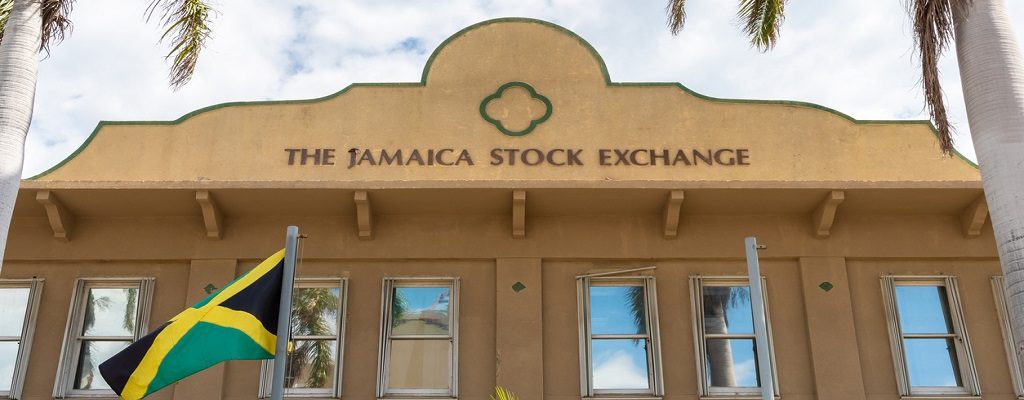
Nine suspensions issued since 1997
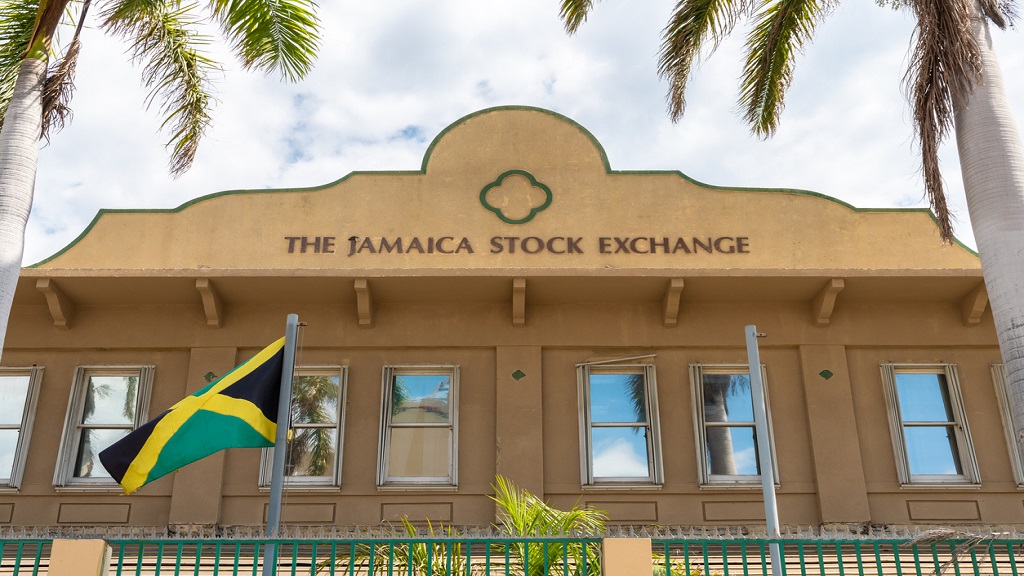
Durrant Pate/Contributor
The recent decline in the Jamaican stock market has given greater impetus to regulators in ensuring that reporting rules are strictly observed, which offers a means of protection for shareholders, whose investments are challenged particularly during this current bearish market.
Disclosures of relevant financial information by companies decrease sentiments of mistrust and speculation, thereby improving investor confidence in making informed investment decisions. Regulators are now more sensitive than before to pull the plug on trading in shares for companies on the local stock market that have flouted these reporting rules such as the recent case of iCreate Limited.
Due to its significant delay in publishing its 2022 audited financials and annual report and hence non-adherence to Jamaica Stock Exchange (JSE) Junior Market Rules, the equities market regulator on August 21, 2023 immediately suspended trading pending the submission of the financial statements. The suspension remains in effect as the information has still not provided.
However, the new management has indicated that iCreate will not publish its second quarter financials but instead will synchronise the release of the second quarter financials with the release of the Audited Financial Statements for the financial year ended December 31, 2022 on or before September 30, 2023.
Assessing previous suspensions
Suspension of trading shares due to late submissions of financial statements has occurred nine times since 1997. Often, the causes of late submission have been owing to trends of dwindling profitability or interminable changes in board directors, which infringes on the ability to finalise financial statements, especially if the changes are happening in the Audit Committee.
Eight companies have had trading in their shares suspended since 1997 with one company being suspended twice. The eight companies are iCreate being the most recent, Ciboney, Dyoll Group, Salada Foods, Seprod, Stocks and Securities Limited Venture Capital (SSLVC), which was suspended on two occasions, Sweet River Abattoir and Supplies and Tree of Knowledge International Corporation.
The suspension of Dyoll Group shares in March 2005 is seen as a prime example of delays due to financial distress. The company’s shares were suspended from trading due to it being unable to finalise its unaudited quarterly financial report at the time.

Additionally, Dyoll was unable to retain the services of an auditor to begin the audited statements for its year-end 2006 because of a lack of money having incurred large losses, due to an influx of new claimants in Cayman, which suffered from Hurricane Ivan. The company was eventually liquidated by the Financial Services Commission.
Tree of Knowledge and Sweet River cases
Another example is Tree of Knowledge Corporation, which, after consecutive years of negative profits, stopped publishing its financials in 2020 and was eventually delisted in February 2021. Based on the historical examples of suspensions due to untimely financial disclosures to the JSE, the most common reason appears to be poor financial performance and reluctance to share news about same with investors.
NCB Capital Market advises that if a company is successful in remedying this breach, then investors should be critical once financials are published (especially if they are unaudited). Investors are advised to make note of any changes in auditors, possible window dressing, among other financial statement manipulations.
On August 9, 2019, trading in Sweet River Abattoir and Supplies shares was suspended for not having any independent non-executive director on its board. The company failed to remedy the situation and was later delisted on February 10, 2020.

In a market note, NCB Cap Market said: “It is important that investors assess the level of independence on the various boards of companies they invest in, as independent directors help to oversee the activity of the executive and non-executive members with affiliation to the company in question. They can foster more efficiently run companies by: evaluating if management teams are meeting the business’ goals and objectives; ensuring transparency around financial reporting; and ensuring responsibilities towards stakeholders, including shareholders, are understood and accomplished.”
Negative market sentiment
An immediate implication of the suspension for shareholders is the liquidity risk because they will not be able to sell the shares until the suspension is lifted and trading resumed. This leaves them vulnerable to negative market sentiment towards the stock once the suspension is lifted, as seen in the case of SSLVC.
Following the lifting of a suspension of trading on SSLVC (now rebranded as MFS Capital Partners Limited) back on October 2, 2019, the stock price fell from J$1.61 to J$1.09 on October 8, 2019, reflecting a 67.7 per cent decline in a mere six days.
The JSE does not give a forewarning before a suspension to protect the integrity of the company as a warning may negatively affect the stock price, therefore investors must remain meticulous in evaluating their investments. They must keep abreast of their company’s performance, timely or untimely release of financials, board compositions and constant changes in same, transparency in company disclosures, and overall adherence to listing regulations such that they can exit before there is an event of trade suspension.
While regulators are there to protect the interest of investors, at the end of the day, it all boils down to them (investors) ensuring that they invest in companies with good governance meaning investing in companies with a clear strategic direction and consistent execution of plans, concentration on maintaining business integrity through adherence to all necessary regulations and promotion of the long-term financial viability of the company.


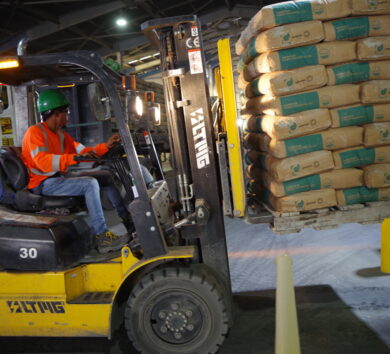
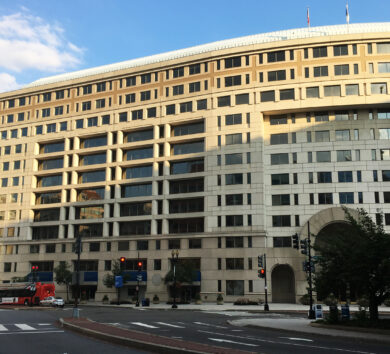
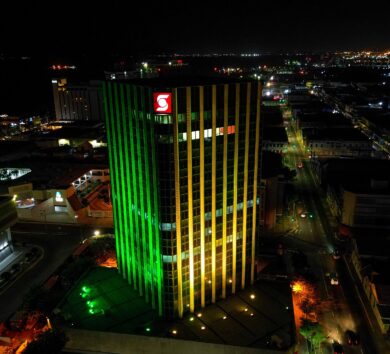


Comments